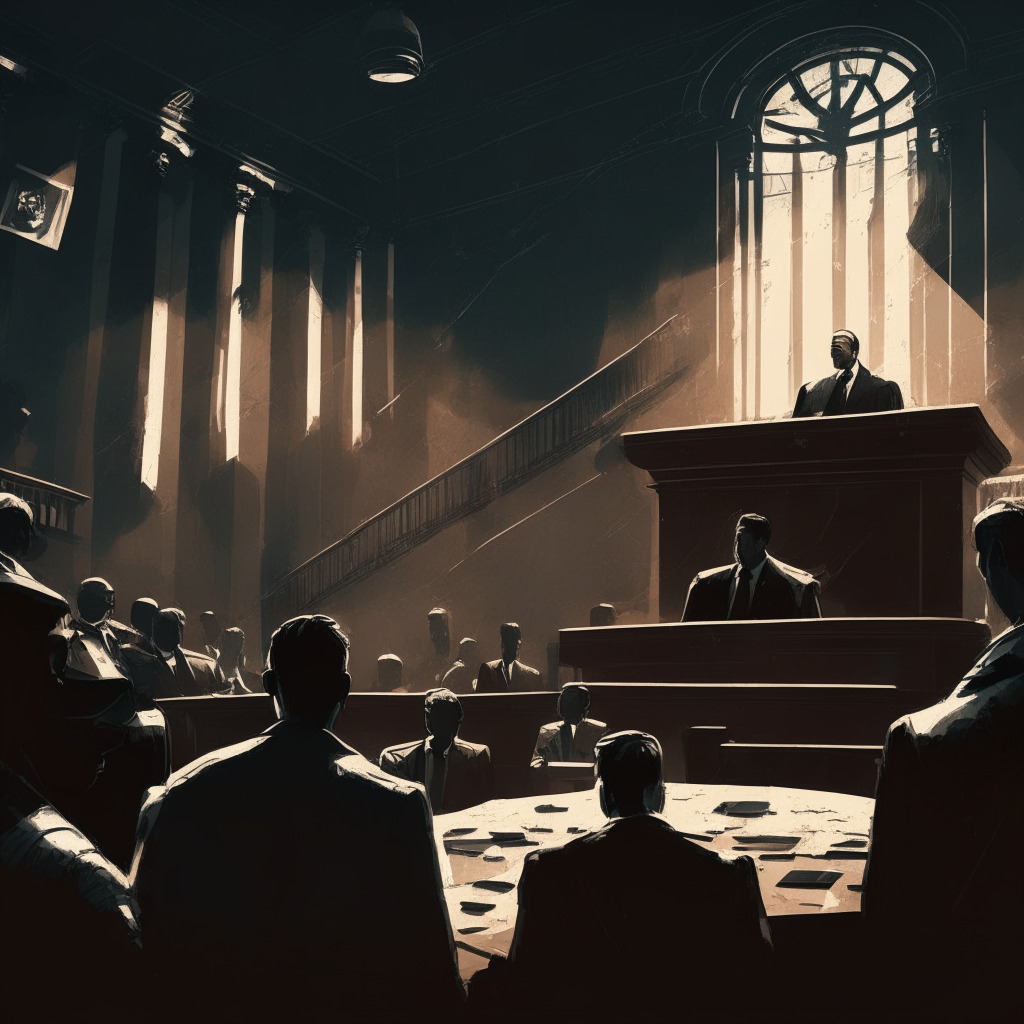The founder of the failed Terra blockchain project, Do Kwon, faces a prolonged stay in custody as Montenegro’s courts consider an extradition request from South Korea. According to local media outlet Radio Free Europe, Kwon’s detention was recently extended by another six months. This development follows the approval of Kwon’s bail request for a case involving document forgery.
Kwon, who had been on the run from authorities for months before his arrest, is facing eight counts of fraud in New York, including securities fraud, wire fraud, commodities fraud, and conspiracy. US prosecutors allege that he made false and misleading statements during a TV interview about the Terra blockchain’s adoption rate. The US Securities and Exchange Commission (SEC) has also sued Terraform Labs and Kwon for allegedly orchestrating a multi-billion-dollar cryptocurrency fraud.
This case has drawn the attention of not only the SEC but also South Korea, where prosecutors have targeted Kwon’s cryptocurrency assets. They claim that tens of millions of dollars were funneled out of Luna Foundation Guard (LFG), set up to help defend the now-defunct stablecoin TerraUSD’s peg to the US dollar. As of now, the whereabouts of Kwon’s $29 million worth of digital tokens, which were transferred from LFG’s crypto wallet, remain unclear.
As the co-founder and CEO of Singapore-based Terraform Labs, Kwon was a key figure behind the TerraUSD stablecoin and its sister cryptocurrency, LUNA. The stablecoin attempted to maintain its $1 peg through a mix of algorithms and trader incentives involving LUNA. However, following a wave of sell-offs, the stablecoin lost its dollar peg in May last year. Efforts by Terraform Labs to partially repair the peg by purchasing $2 billion worth of TerraUSD couldn’t prevent the continued sell-off that ultimately hyperinflated LUNA and crashed the price of both LUNA and TerraUSD.
With the Terra ecosystem’s crash reportedly draining at least $40 billion from investors, the case against Kwon raises concerns about the potential for similar incidents. While some crypto enthusiasts argue that the absence of stringent regulations provides the market space to innovate, others assert that tighter control could prevent fraud and help build trust in the technology.
As authorities continue to scrutinize Kwon’s case, the blockchain and cryptocurrency community will keep a keen eye on the outcome. The legal fallout could shape the industry’s future, setting new precedents for blockchain projects and influencing future regulatory measures.
Source: Cryptonews




